Traditions, Customs, and Celebrations"
"Joyful Festivities: Diwali

Diwali, also known as Deepavali, is one of India's most popular festivals, honored by Hindus, Sikhs, Jains, and some Buddhists. It normally occurs between mid-October and mid-November, according to the Hindu lunar calendar. Diwali represents the triumph of light over darkness, goodness over evil, and wisdom over ignorance.During Diwali, people adorn their homes with oil lights, candles, and bright rangoli patterns to honor the goddess Lakshmi, who represents riches and prosperity. Firecrackers are another common component of Diwali celebrations, symbolizing the triumph of light over darkness.Families come together to exchange gifts, eat holiday meals, and pray to the deities for blessings and prosperity in the new year. It's a time for celebration, unity, and sharing happiness by visiting friends and relatives.
Diwali is significant not only religiously, but also culturally. It marks the start of the Hindu New Year in many parts of India, and it is associated with a variety of regional customs and tales.Overall, Diwali is a festival of joy, reflection, and rejuvenation that is celebrated with great passion and zeal throughout India and many other regions of the world where Indian populations live.
Diwali celebrations last several days, with each day having its own significance and customs.
Dhanteras:
The first day of Diwali celebrations is Dhanteras, which represents wealth and prosperity. It is usual to purchase gold, silver, or kitchenware on this day as a sign of good fortune and success.
The second day is celebrated as Choti Diwali or Naraka Chaturdashi. It recalls Lord Krishna's triumph over the demon Narakasura. People take ritual baths, apply oil to their bodies, and light candles to commemorate the victory of good over evil.
Diwali:
The major day of Diwali is marked with enormous pomp and magnificence. Colorful decorations adorn homes and public spaces, and families get together for extravagant feasts and prayers.
Govardhan Puja / Annakut:
The fourth day of Diwali is celebrated as Govardhan Puja, which honors Lord Krishna's lifting of the Govardhan Hill to shield the peasants from Lord Indra's wrath. Devotees create small food mountains (Annakut) as sacrifices to the deities.
Bhai Dooj:
The concluding day of Diwali celebrations is Bhai Dooj, which honors brotherhood and sisterhood. Sisters pray for their brothers' well-being and place tikkas on their foreheads, while brothers give presents to their sisters as a sign of love and gratitude.
Diwali is more than just a religious and cultural celebration; it is also a time for rejuvenation and introspection, representing the triumph of inner light over spiritual darkness. It draws communities together in joyful celebrations, and fosters.
Diwali celebrations range throughout areas of India and among communities, yet there are some common practices and traditions practiced during this occasion.
Cleaning and Decoration:
Prior to Diwali, people clean and adorn their houses and surroundings. To welcome the goddess Lakshmi, they may clean walls and scrub floors, as well as decorate entrances with bright rangoli designs or beautiful lighting.
Shopping:
Diwali is a time for shopping, and people buy new clothes, home decorations, gifts, and sweets to celebrate. Markets are alive with activity as people shop for themselves and their loved ones.
Prayers & Rituals:
On Diwali, families come together to perform religious rituals and pray. They light oil lamps and candles to illuminate their houses and invite the blessings of deities, especially the Goddess Lakshmi.
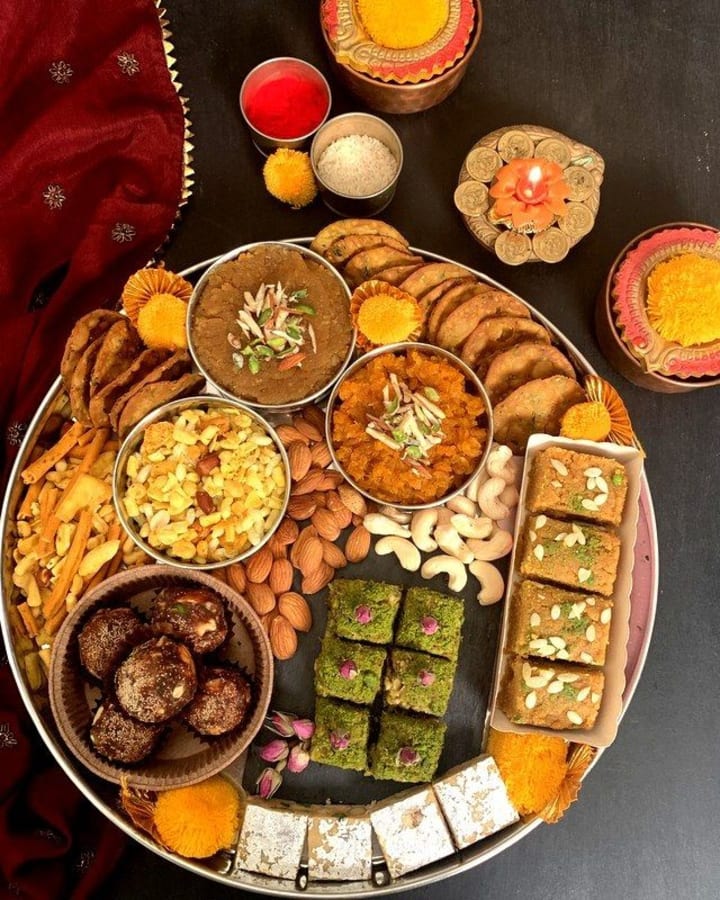
Festive Meals:
Diwali is also a time for dining and sampling exotic cuisines. Families produce a wide range of sweet and savory foods, including ladoos, barfis, and jalebis, as well as savory snacks such as samosas and pakoras.
Fireworks:
Fireworks are an important feature of Diwali festivities, representing the triumph of light over darkness. People use pyrotechnics and firecrackers to brighten up the night sky and add to the joyful atmosphere.
Gift Exchange:
Diwali is a festival of giving and receiving gifts. Families and friends exchange gifts as expressions of love and appreciation, instilling a spirit of generosity and friendliness.
Visiting family and Friends:
Diwali is a time for social gatherings, therefore people pay visits to family and friends to exchange greetings, enjoy meals, and rejoice.
Charitable Activities:
Diwali also promotes the e of giving back to the community. Many individuals participate in philanthropic actions, such as offering food, clothing, or money to those in need, spreading joy and generosity during the holiday.
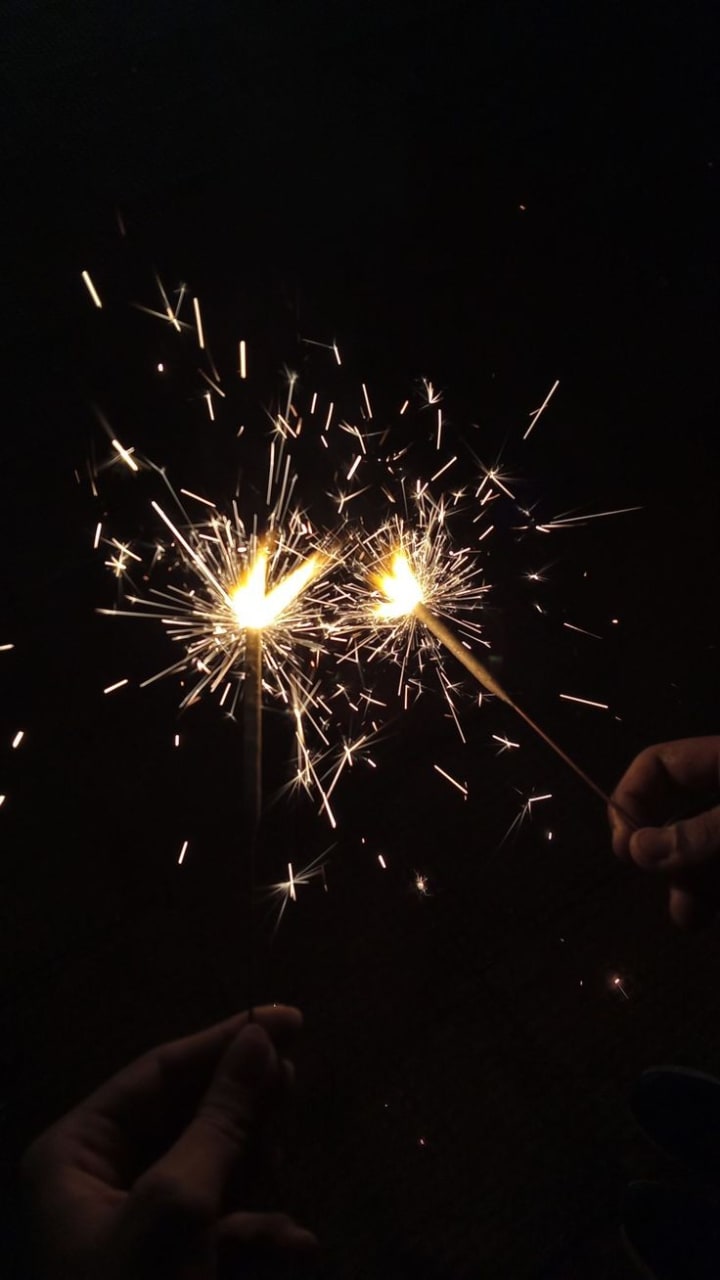

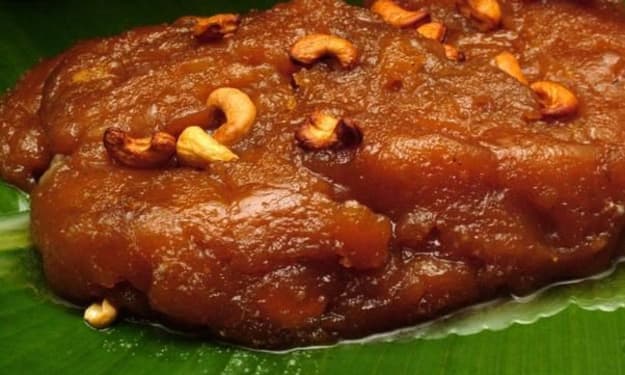
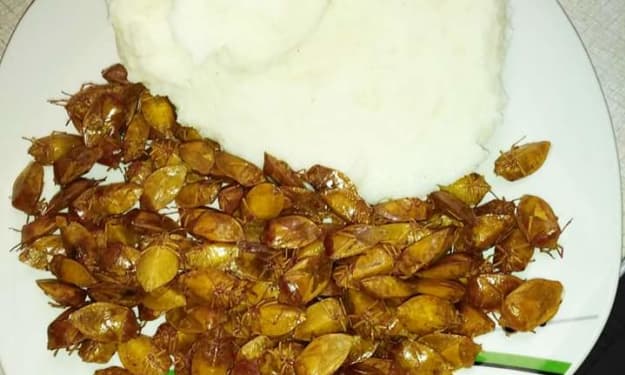
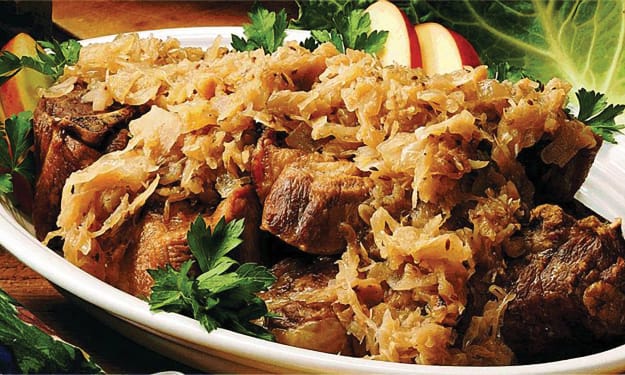

Comments
There are no comments for this story
Be the first to respond and start the conversation.